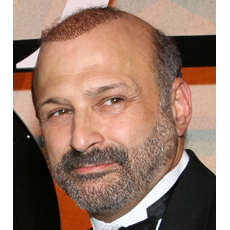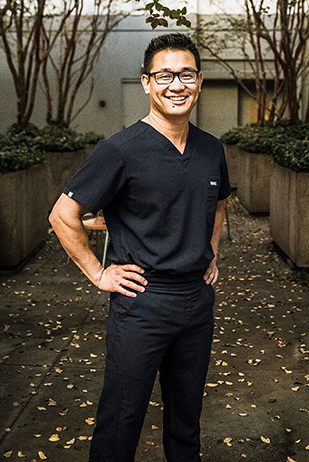Preventive Screening for Seniors: Is That Test Really Necessary?
Caregivers and seniors often find themselves inundated with messages touting the benefits of this cancer detection test, or that diagnostic exam.
And, for those over 65, Medicare offers about a dozen free screenings—from bone density measurements to mammograms.
But, are all those tests really necessary?
The honest answer to this vital question is, regrettably, very complex.
Age is really just a number
Many health organizations, including, the American Cancer Society (ACS), and the Centers for Disease Control (CDC), use age-based cut-offs to determine recommendations for certain screenings.
While age is an easy metric to measure, too much reliance on these often arbitrary numbers can lead to confusing interactions between seniors and their doctors. “Screening tests are often done in elderly patients as a knee-jerk reaction,” says Damon Raskin, M.D., a board-certified internist and medical director for two skilled nursing facilities.
However, especially for an aging individual, there are several, more significant, factors to consider than the number of candles on their birthday cake. “What is more important than age is what’s going on with the patient,” Raskin argues.
For example, at age 50, it is recommended that all adults undergo a colonoscopy at least once every ten years.
However, a new study, conducted by researchers from the University of Texas, concluded that 23.4 percent of colonoscopies done on people aged 70 and older weren’t necessary, given the person’s age and estimated risk for colon cancer. While generally a safe test, a colonoscopy can result in internal bleeding, infection and puncturing of the intestines.
When considering whether or not to do a screening test on an elder, the first thing that should be considered is their overall health.
“You can have an 80-year-old who’s really like a 60-year-old in terms of their health. In these instances, screening tests such as mammograms and colonoscopies, can be extremely valuable,” says Raskin. “However, I’ve also seen 65-year-olds who have end-stage Parkinson’s or Alzheimer’s disease. For these individuals, I probably wouldn’t recommend screenings, for quality of life reasons.”
Routine screenings become just another part of the routine
Even if a physician recommends a screening to a senior, they still can’t force their patients to follow through.
Given this fact, why do so many seniors choose to undergo tests they may not need?
“I think one big problem is that people don’t always look at the consequences of tests,” Raskin laments.
For example, a suspicious-looking mammogram typically leads to a doctor recommendation for a breast biopsy (where a sample of breast tissue is removed and examined under a microscope). A minor form of surgery, breast biopsies still carry a risk of infection, particularly for older people whose immune systems are compromised. And, the vast majority—80 percent—of breast biopsies come back negative for cancer, according to the U.S. Department of Health and Human Services (HHS), meaning that many women are needlessly accepting infection risk.
Another reason, according to a recent Indiana University study, is because many seniors consider routine screenings as just that—part of a routine.
Researchers conducted a series of in-depth interviews with dozens of older adults, and found that many of these individuals had never even questioned their doctor about the need for certain screenings.
When asked why they continued to get screened, aging respondents came up with a variety of different answers:
“I think I should, because stopping would be the same as me taking my life. And that’s a sin.”
“I know I need that done because I love my life, you know. I want to live.”
“Whenever we were supposed to do something, I just, you know, did it.”
“Because I was getting them every year.”
Study authors also found that many doctors neglected to discuss the risks and benefits of continuing to run certain screening tests with their patients.
But doctors also seemed to be ensnared in a Catch-22 when it came to talking about tests with their elderly patients.
If a physician brought up the topic of discontinuing a regular screening test, most respondents said that they would become mistrustful of that doctor, and they would probably be motivated to go out and seek a second opinion.
“Changing patient and physician behavior will be difficult in light of older adults’ highly favorable views of screening,” note the study authors, citing the results of a separate investigation, which found that 43 percent of elders would continue to have a screening test done, even if their doctor suggested they stop.
Open the lines of doctor-patient-caregiver communication
Ultimately, Raskin feels that the only way to prevent unnecessary screenings in seniors is to have an honest discussion between doctor, caregiver and elder.
“There needs to be a team approach,” he says. “We need to look at an individual and ask, ‘If we were to find something, would we take any action?’ If the answer is ‘no,’ then the test shouldn’t be done.”
The main prerequisite for this conversation is having a rock-solid relationship with your loved one’s doctor—not always an easy thing, given that the average amount of doctor-patient face time is currently a measly 15-20 minutes per visit.

